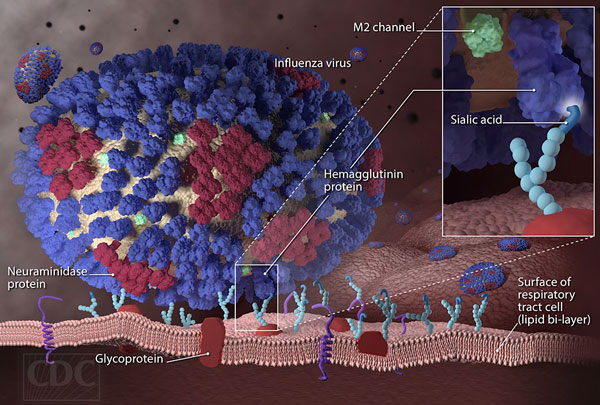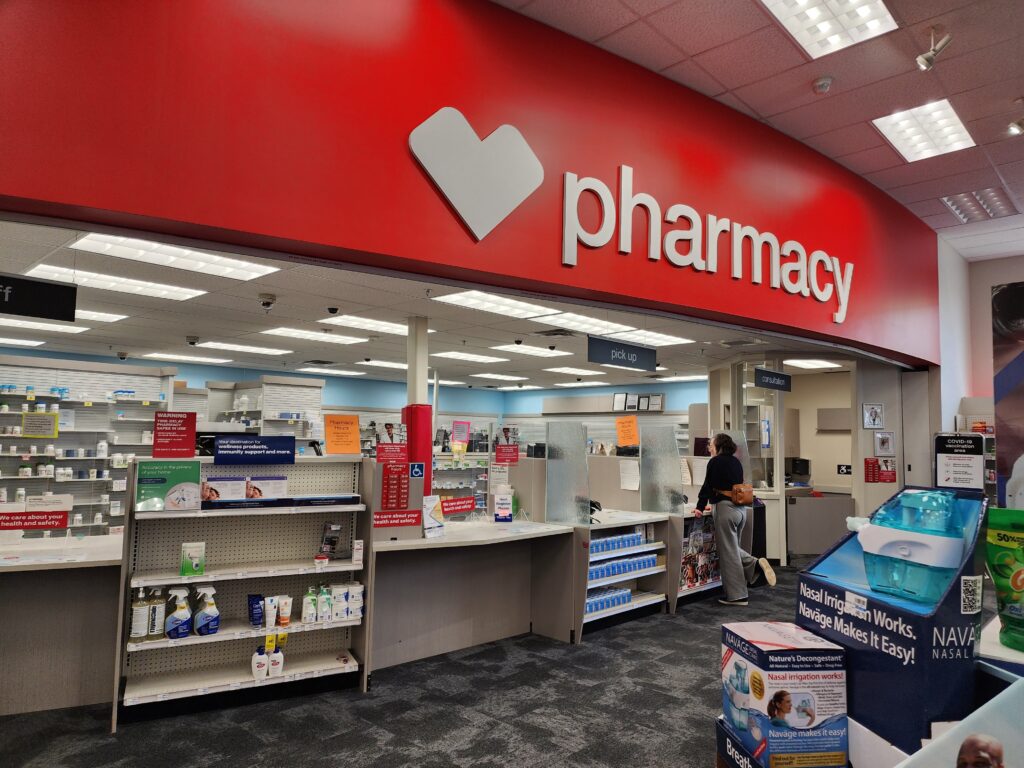New vaccine recommendations for children, adolescents, and adults have been incorporated into Centers for Disease…

The Role of Pharmacists in COVID-19 Vaccination: Ensuring Safe and Effective Immunization
The COVID-19 pandemic has presented an unprecedented global challenge, and the development of safe and effective vaccines has become a beacon of hope. In the race to vaccinate populations against the virus, pharmacists have emerged as essential frontline healthcare providers, playing a critical role in ensuring the success of vaccination campaigns. This article explores the multifaceted role of pharmacists in COVID-19 vaccination, emphasizing their contributions to achieving safe and effective immunization.
- Vaccine Distribution and Storage
Pharmacists are entrusted with the responsibility of receiving, storing, and distributing COVID-19 vaccines. Maintaining the vaccine’s cold chain, which ensures that the vaccines remain at the right temperature throughout their journey, is paramount. Pharmacists have the expertise to handle and store vaccines at the recommended temperatures, safeguarding their potency until they reach the patients’ arms.
- Patient Education and Counseling
Pharmacists serve as valuable sources of information about COVID-19 vaccines for both healthcare professionals and the general public. They play a crucial role in educating patients about the benefits and potential side effects of the vaccine. This involves addressing concerns, dispelling myths, and providing evidence-based information to promote vaccine acceptance.
- Screening and Administration
Pharmacists are often authorized to administer vaccines, and their familiarity with immunization techniques ensures safe and efficient vaccination processes. They assess patients for contraindications, allergies, and other factors that might affect the vaccine’s safety, ensuring that only eligible individuals receive the vaccine.
- Monitoring and Reporting
After vaccination, pharmacists are responsible for monitoring patients for immediate adverse reactions and providing appropriate care when needed. They also play a key role in documenting vaccine administrations and reporting adverse events to health authorities, contributing to the ongoing safety assessment of COVID-19 vaccines.
- Vaccine Adherence and Follow-Up
Pharmacists promote vaccine adherence by providing clear instructions for second doses (in the case of two-dose vaccines) and reminders to return for subsequent shots. Ensuring that individuals complete the recommended vaccine series is essential for achieving optimal protection against COVID-19.
- Community Outreach and Vaccine Access
Pharmacists often work within their local communities, making them well-suited to address vaccine access issues. They collaborate with community organizations and local health departments to set up vaccination clinics in underserved areas, increasing vaccine accessibility to vulnerable populations.
- Combatting Vaccine Hesitancy
Pharmacists are trusted healthcare professionals who can play a pivotal role in countering vaccine hesitancy. They engage in open and empathetic conversations with patients, addressing their concerns and providing accurate information. This personalized approach can significantly impact an individual’s decision to get vaccinated.
- Adapting to Evolving Guidelines
The COVID-19 pandemic has been marked by rapidly evolving information and guidelines. Pharmacists are adept at staying up-to-date with the latest research and recommendations, ensuring that vaccine administration protocols align with the most current scientific knowledge.
Conclusion
Pharmacists are indispensable allies in the global effort to combat COVID-19 through vaccination. Their roles encompass everything from vaccine distribution and administration to patient education and community outreach. By leveraging their expertise and trust within communities, pharmacists are not only ensuring the safe and effective immunization of populations but also contributing to the eventual end of the pandemic. As we continue to navigate these challenging times, their dedication and contributions remain vital in achieving widespread vaccine coverage and ultimately returning to a semblance of normalcy.




This Post Has 0 Comments